New York City has initiated a new program under Mayor Eric Adams’ administration, aiming to support migrants by distributing prepaid debit cards. This week, the program saw its inception with a $53 million contract that was awarded without a traditional bidding process.
The contract, which has been a topic of controversy, was signed with Mobility Capital Finance, a New Jersey-based company. On Monday, at the Roosevelt Hotel, the first eight Mastercards were distributed as a part of this pilot program, which is expected to extend to 115 cards by the next week, according to a spokesperson from City Hall.
Controversial Contract Details
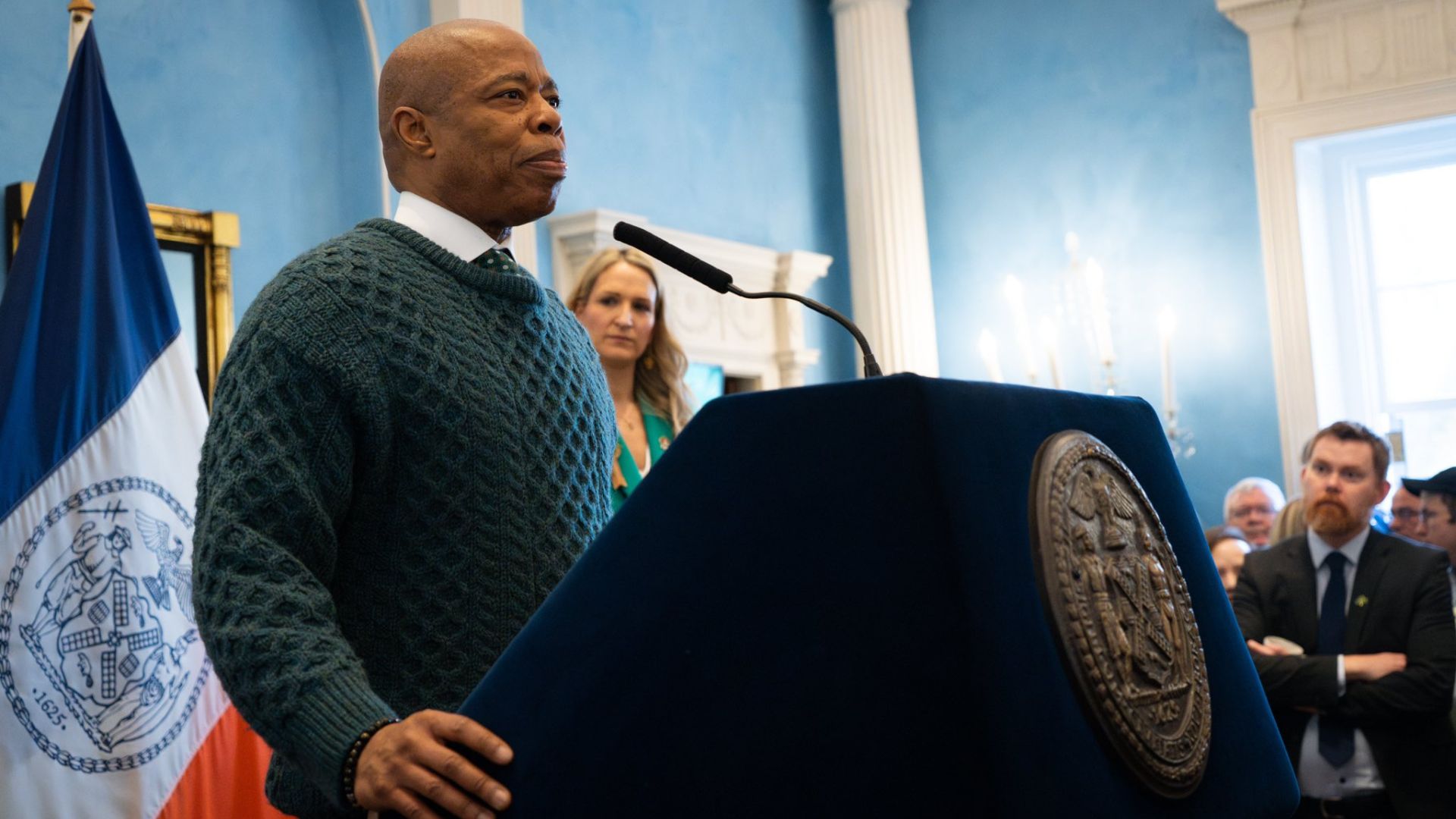
The Adams administration’s decision to proceed without a typical bidding process has drawn criticism. The contract, revealed by The New York Post, has sparked discussions regarding its transparency and the implications for the competitive bidding system.
The partnership with Mobility Capital Finance is set to potentially generate $1.8 million for the tech startup by taking a cut from the funds loaded onto each Mastercard.
Adjustments and Allocations
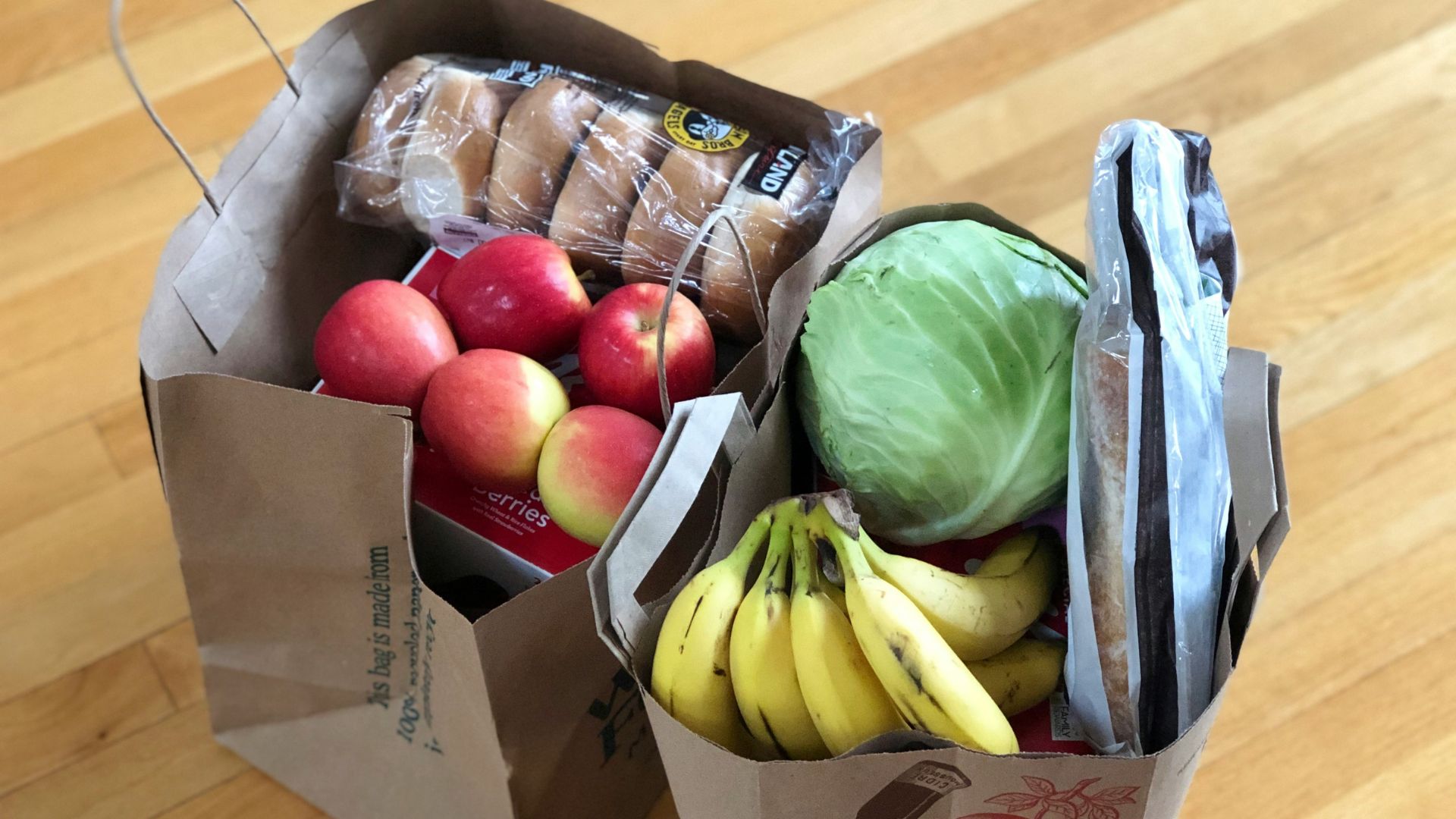
Originally, the plan was to load the cards with a month’s worth of money for essentials. However, adjustments have been made, requiring cash to be replenished each week instead.
This change in strategy reflects an adaptation to the program’s structure, aiming to provide a more continuous support system. A family with two parents and children under five is set to receive approximately $350 a week.
Scope of the Pilot Program
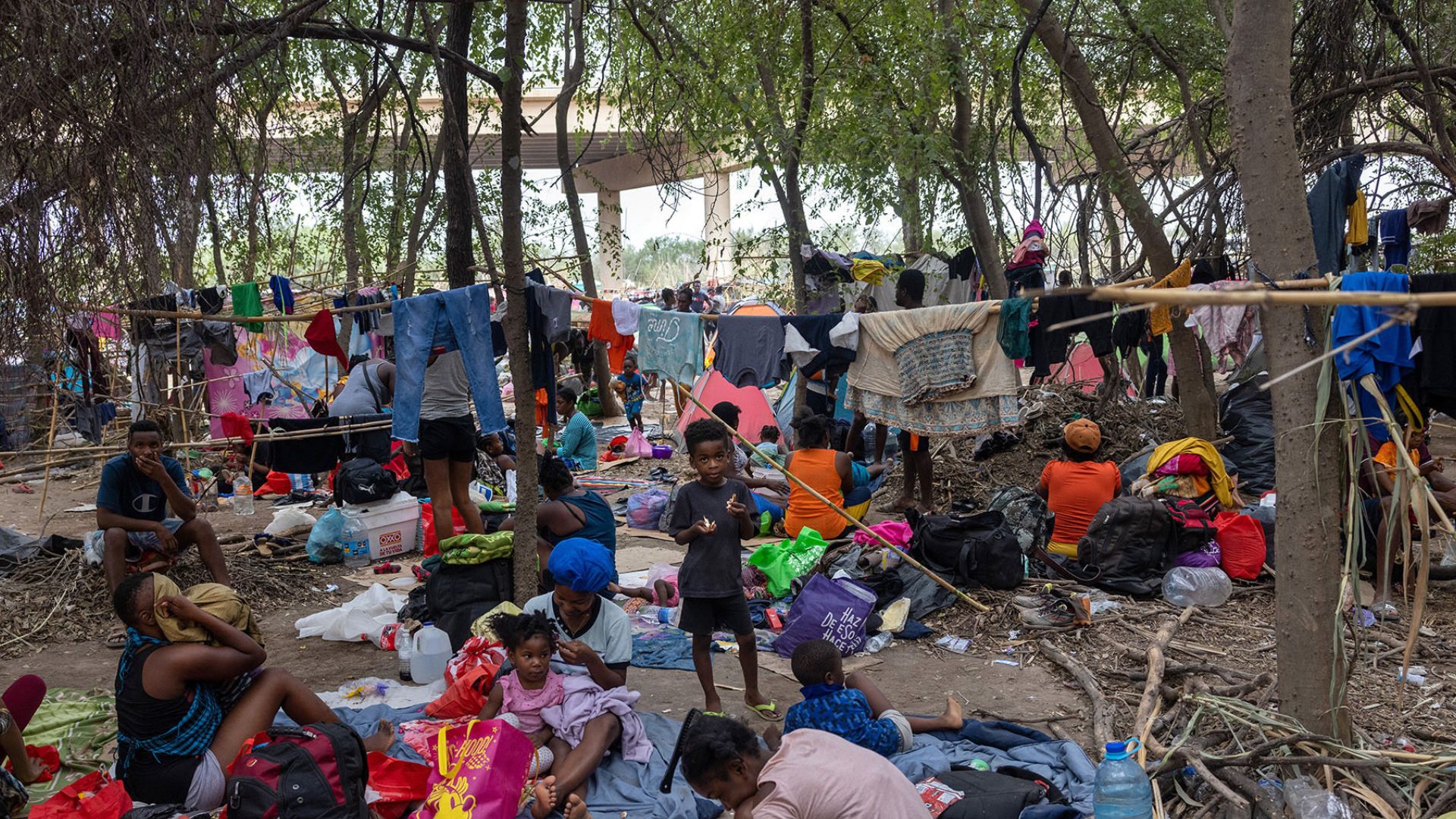
Despite its ambitions, the pilot program is currently set to benefit around 460 migrants out of the 64,500 under the city’s care.
The administration’s spokesperson, Kayla Mamalek, emphasized that this program is a cost-saving measure intended to replace the city’s current system of providing non-perishable food boxes to migrant families, which often results in waste.
Potential Savings for the City

The new method of assisting asylum seekers, according to City Hall, could lead to significant financial savings, potentially up to $600,000 per month.
This initiative marks a shift towards more direct support mechanisms for migrants, aligning with broader objectives to enhance efficiency and reduce unnecessary expenditures. The emergency nature of the contract was defended by the administration, citing the urgency to roll out the cost-saving program without delay.
Program’s Gradual Rollout
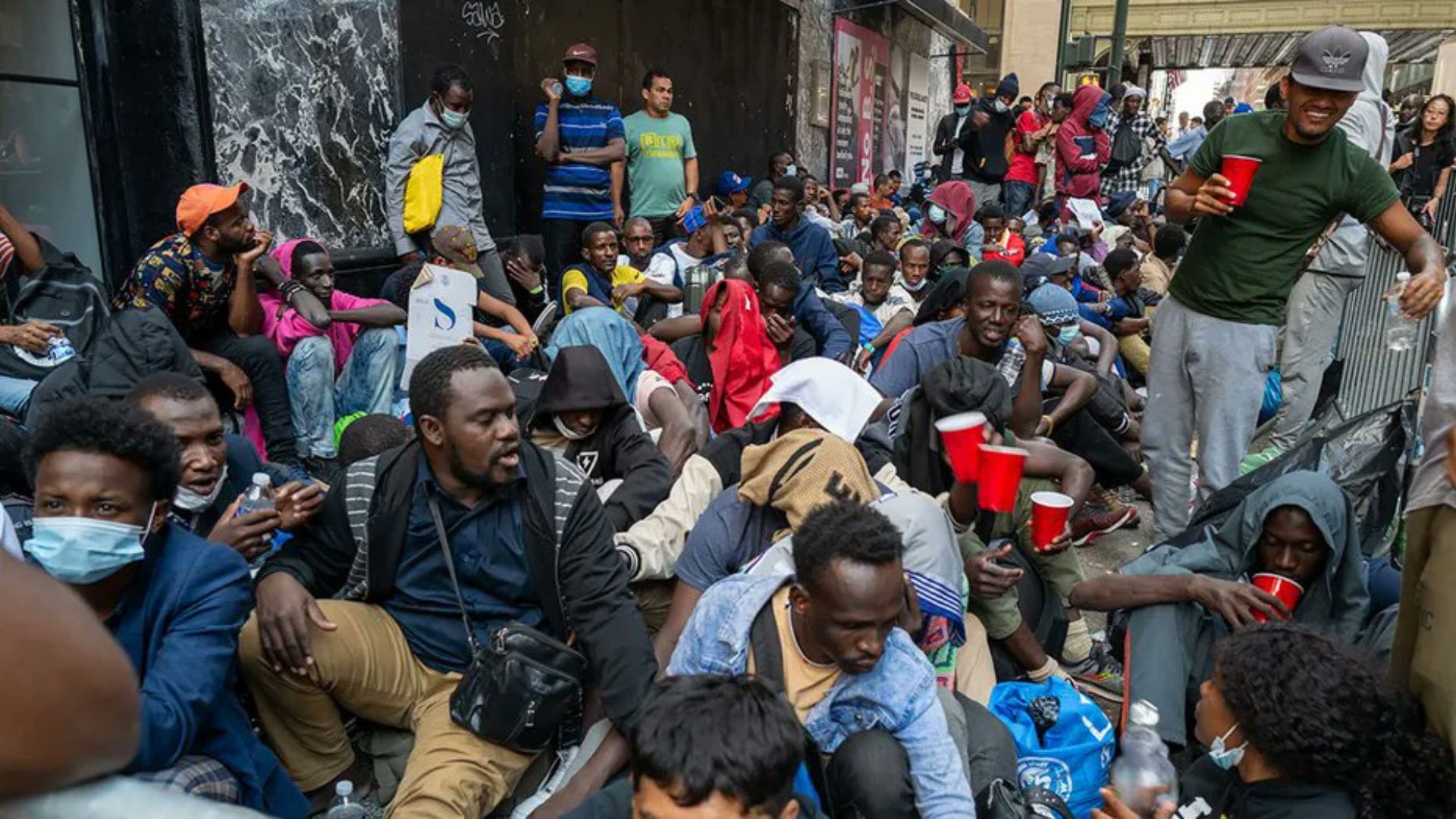
Despite the stated urgency, it took two months from the contract signing for the prepaid cards to be distributed to migrants.
This delay highlights the challenges involved in implementing such a program, even under emergency conditions.
Guidelines for Use
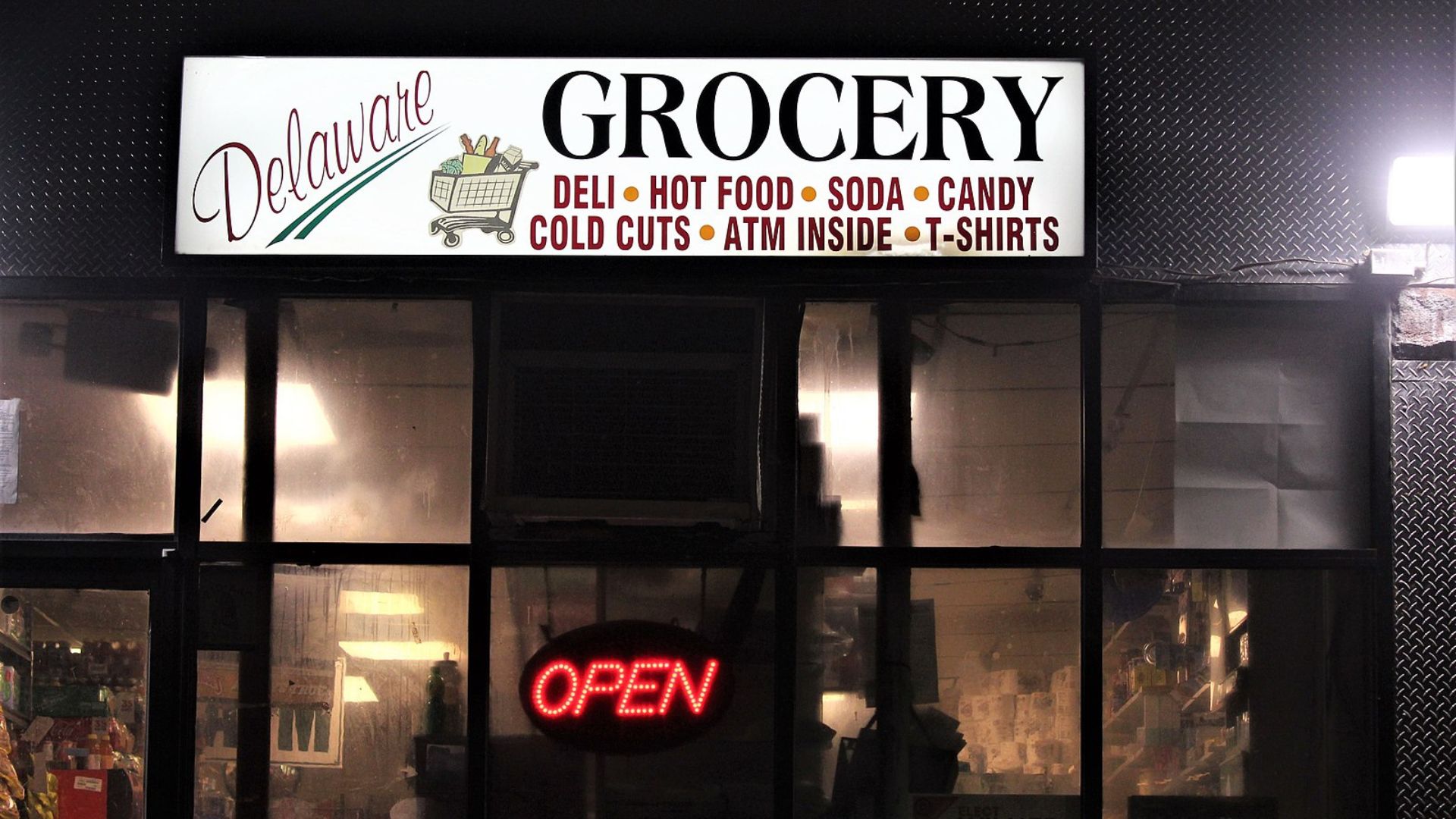
The initiative specifies that the prepaid cards are to be used for purchasing food and baby supplies at designated outlets such as bodegas, grocery stores, supermarkets, and convenience stores.
Migrants participating in the program are required to sign an affidavit confirming their commitment to spending the funds appropriately.
Monitoring and Expansion Plans
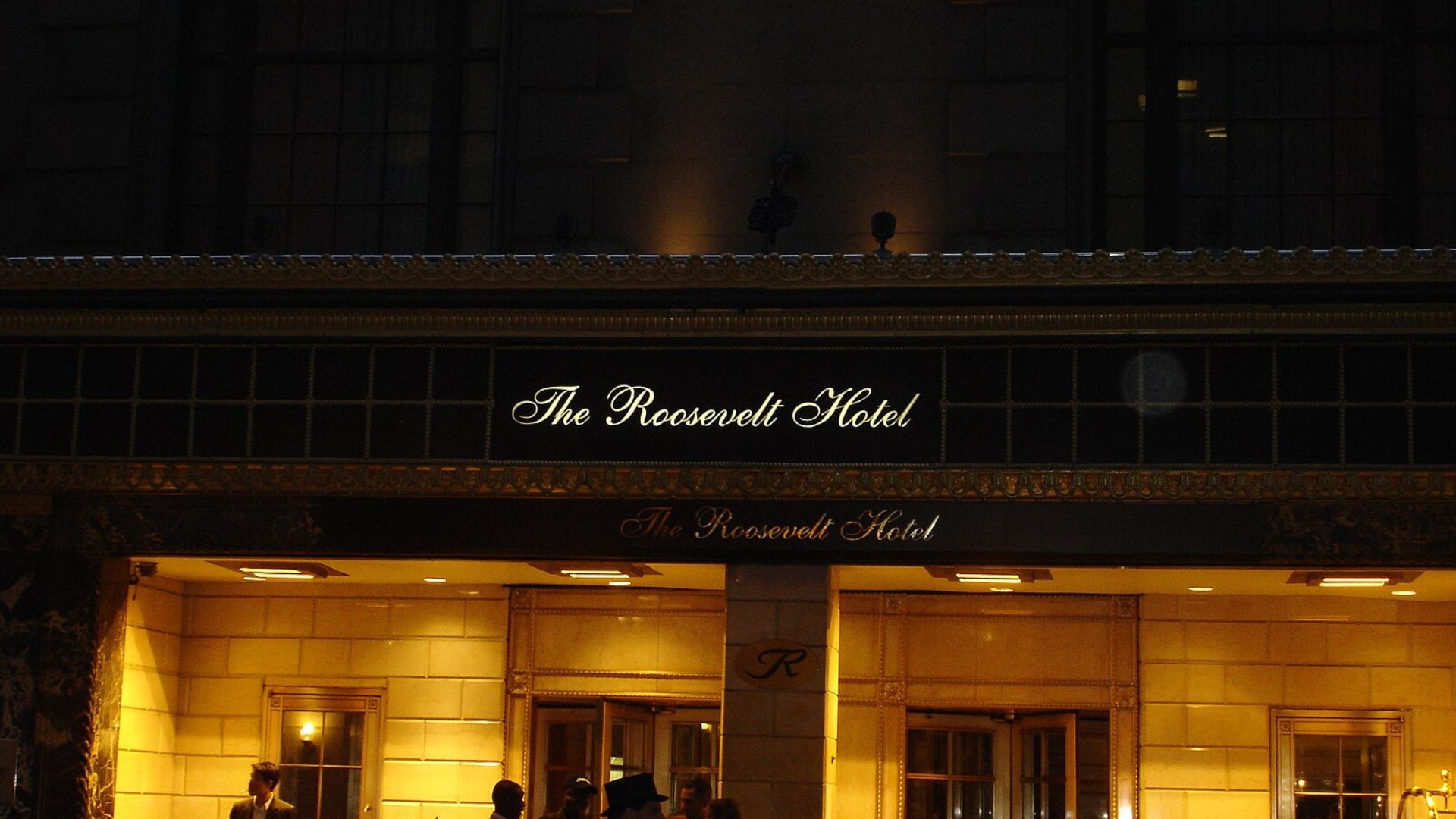
The phased approach to the program’s launch, starting with a few hotels, indicates a cautious rollout aimed at ensuring the effectiveness and proper use of the funds. City officials have noted that the cards will be loaded weekly and their use monitored.
The distribution of the cards is taking place at the city’s arrival center, the Roosevelt Hotel, targeting migrant families staying at hotels used as emergency shelters.
City Hall’s Statement
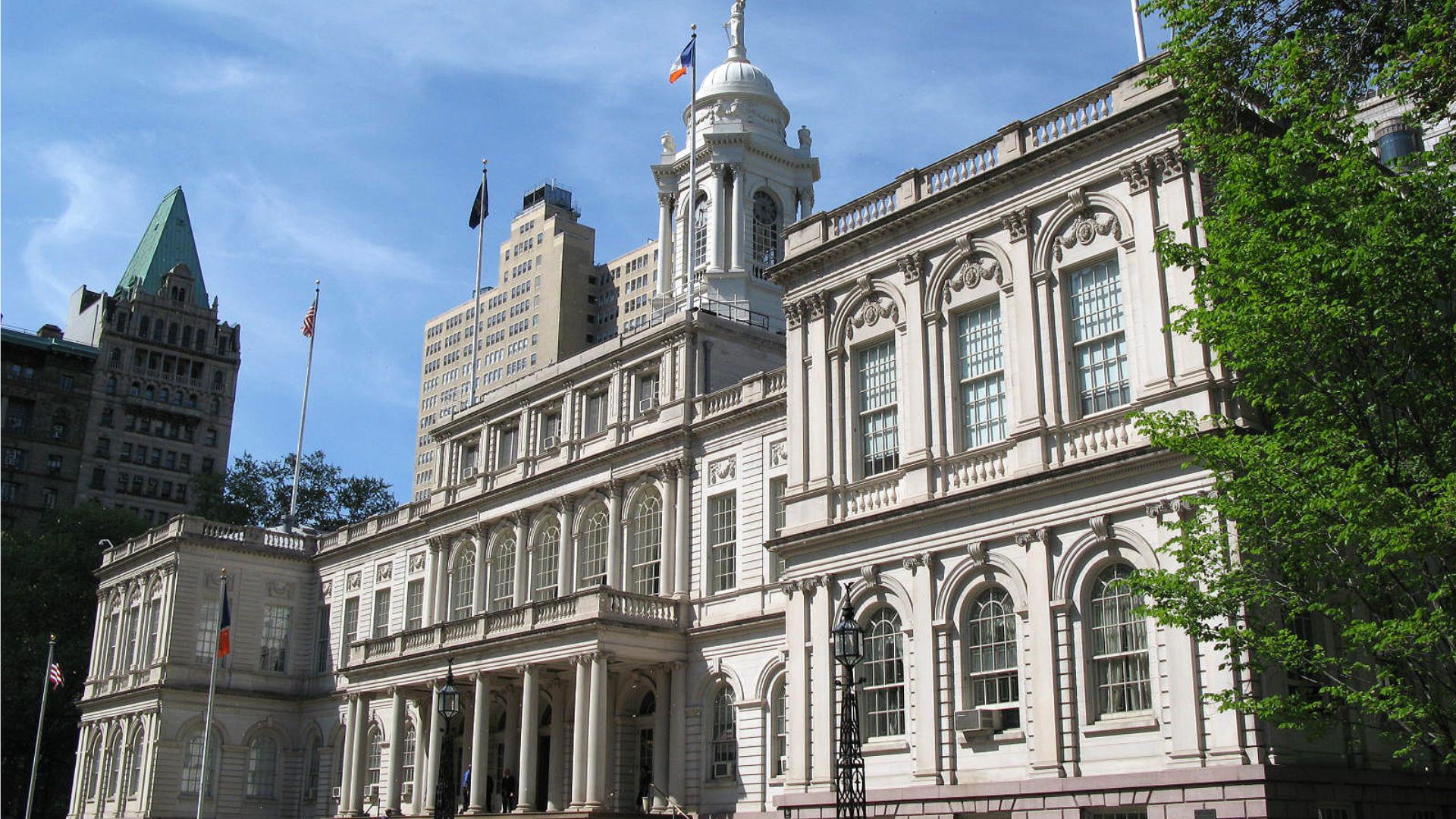
In a statement, a city hall spokesperson expressed enthusiasm about the program’s launch, describing it as a “cost-saving measure [that] will replace the city’s current system of providing non-perishable food boxes to migrant families staying in hotels, much of which is often discarded.”
The spokesperson highlighted the benefits of allowing families to purchase fresh food and baby supplies tailored to their cultural preferences and needs, projecting savings of more than $600,000 per month and $7 million per year for New York City taxpayers.
Comparison with Other Benefits

The program’s financial assistance levels have sparked comparisons with other public benefits, suggesting that migrants could receive more support than what is available to low-income and elderly New Yorkers under SNAP benefits.
The comparison raises questions about the allocation of resources and the balancing of needs within different segments of the city’s population.
Mayor Adams Defends the Program
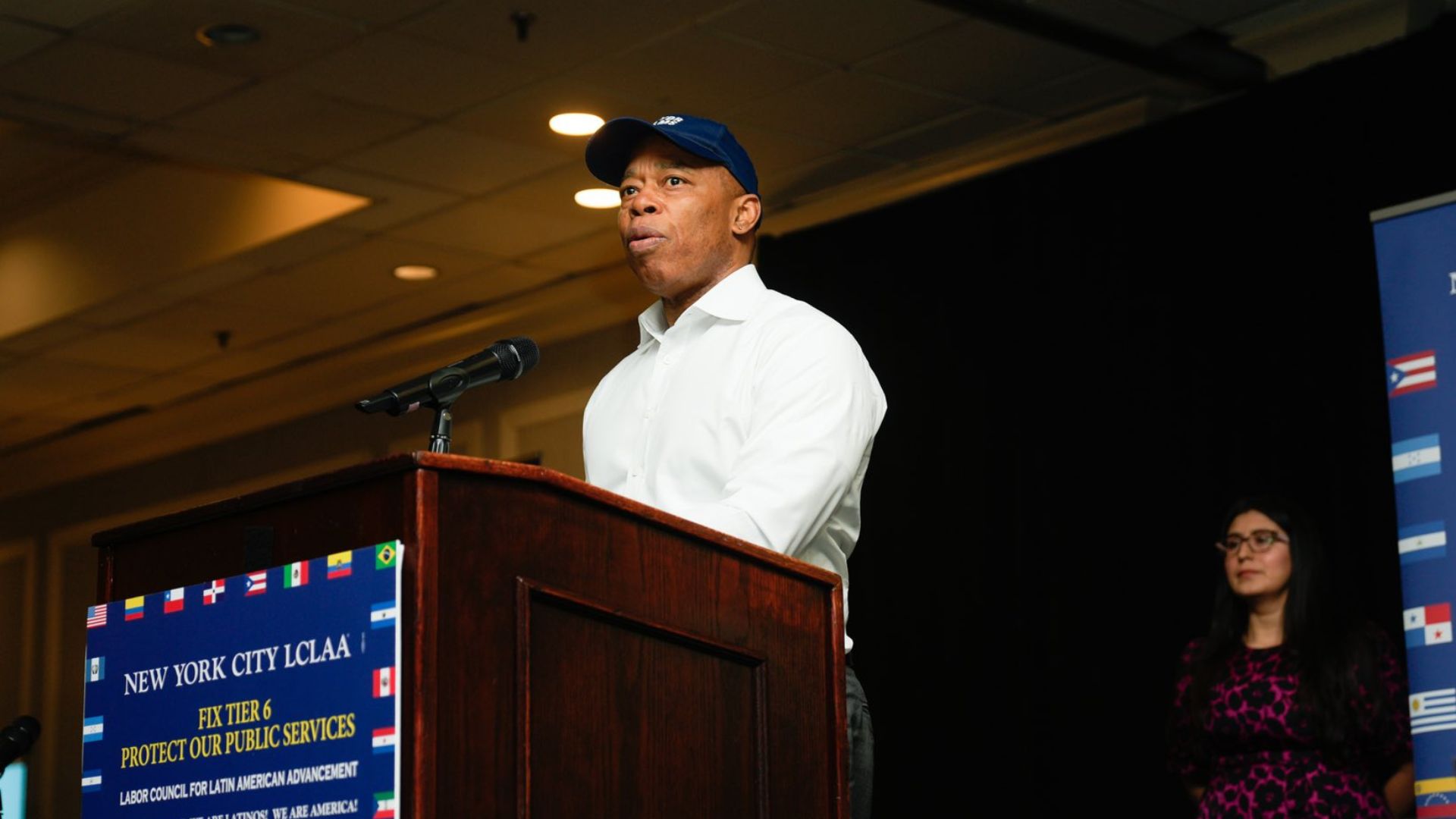
Mayor Eric Adams has staunchly defended the program amidst criticism, emphasizing its potential to cut costs and reduce waste. In a budget hearing, he clarified, “We’re not giving people American Express cards.”
He outlined the goal to save money by allowing migrants to purchase their own food, aiming for a pilot that could save the city $6.7 million annually. This approach, he believes, could be expanded to benefit not only migrants but also other New Yorkers facing homelessness, by finding more cost-effective ways to manage the city’s crisis.
Future Funding and Fiscal Challenges

Facing the financial implications of supporting a growing number of migrants, New York City projects a need for substantial resources, estimating $12 billion in migrant-related expenditures by summer 2025.
With the state committing around $2 billion in the current cycle, Mayor Adams has pointed out the shortfall, arguing that even proposed increases in state funding fall short of the city’s needs.
